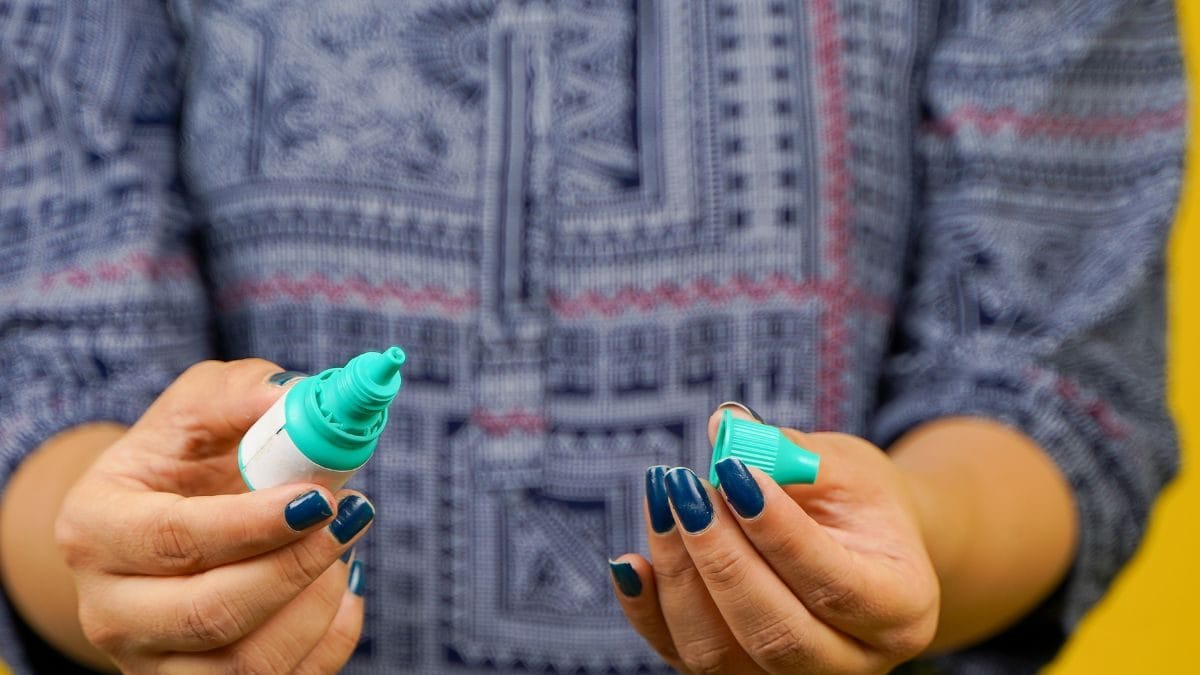"Dream, Dream, Dream! Conduct these dreams into thoughts, and then transform them into action."
- Dr. A. P. J. Abdul Kalam
"Dream, Dream, Dream! Conduct these dreams into thoughts, and then transform them into action."
- Dr. A. P. J. Abdul Kalam
10 Sep 2024
Eye drops that could replace reading glasses are now a reality, thanks to the approval from India’s drug regulatory agency. After more than two years of review, Mumbai-based Entod Pharmaceuticals has introduced "PresVu," the country’s first eye drops designed to improve close-up vision. The innovative formula, powered by pilocarpine, specifically targets presbyopia—a common age-related condition where the eyes struggle to focus on nearby objects. Typically beginning in the mid-40s, presbyopia worsens over time, but "PresVu" offers a simple and effective alternative to traditional reading glasses, ushering in a new era of vision care.
A single drop of the medication begins to act in just 15 minutes, according to Nikkhil K. Masurkar, CEO of Entod Pharmaceuticals, and its effects last for the following six hours. The impact will last even longer if the second drop is poured within three to six hours of the first drop.
Until recently, the only medication-based treatment for nearsightedness was wearing contact lenses, reading glasses, or undergoing a few surgical procedures.

(Source: Google Images)
Prescription-based drops will be accessible at pharmacies for Rs 350 starting in the first week of October. The medication is recommended for the treatment of mild to intermediate presbyopia in adults between the ages of 40 and 55. Masurkar asserts that the medication is the first of its kind in India, having been tested on Indian eyes and tailored to the population's genetic makeup.
"Medicines that are similar are available abroad. The formulations haven't been tested on Indian eyes, though, as they differ greatly from Caucasian eyes. We have altered the formulation in a number of ways," Masurkar stated. Only prescriptions from licensed medical professionals will be accepted for the product's sale. The business has begun educating and training its field staff on how to use the newest product, in order to inform and educate doctors.
Masurkar stated ~“ We conducted the trials at ten sites across India with more than 250 patients. The results and data were submitted to the regulatory agency. The subject expert committee approved the study and recommended for approval from the drug controller general,”
82 percent of the 274 participants in total experienced no negative effects. The modest, temporary adverse effects observed by the remaining patients included headache, blurred vision, eye discomfort, and redness. "All of them were brief side effects that went away in a few days. There shouldn't be any problems after the patient adjusts. He said, "No patient was removed from the trial."
The All India Institute of Medical Sciences (AIIMS), in New Delhi, is one of the major eye care centers in India where the business intends to conduct post-marketing surveillance, even though the study's results have not yet been published in a peer-reviewed publication. Yes, we all are super excited about the follow-ups of this news!